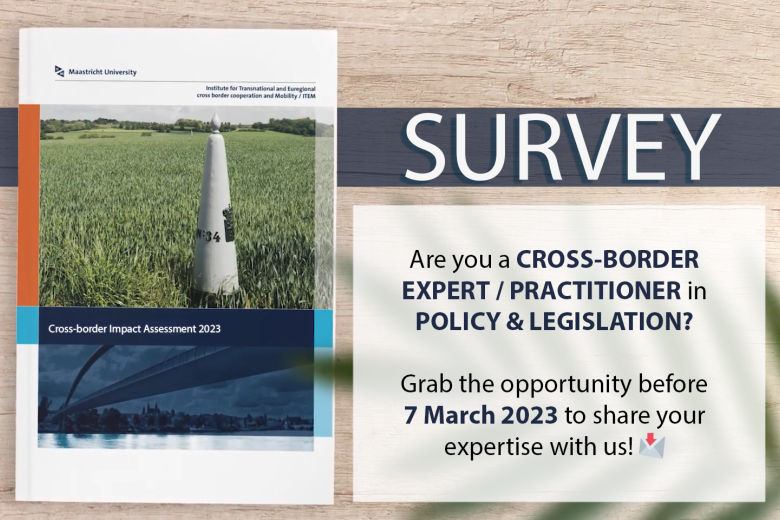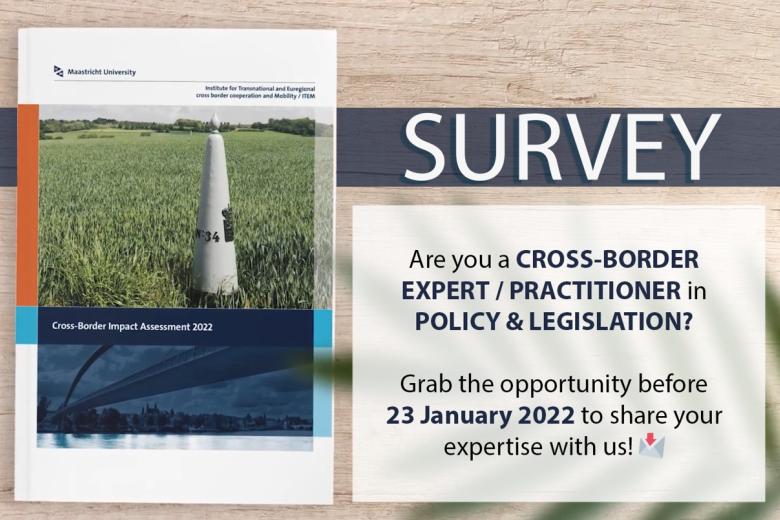Recognition of diplomas: roadmap
One of the projects that has been submitted in the B-solutions call from the European Commission is about a roadmap for the recognition of qualifications. This project has recently been granted. The roadmap and factsheet for the recognition of qualifications concerning highly demanded professions are aimed at boosting cross-border mobility and employability by improving recognition.
The action strives to develop two practical guidance documents for first line supporters and citizens. Spanning over the Dutch border region, thereby comprising the Netherlands, Belgium, North Rhine-Westphalia and Lower Saxony, the pilot seeks to ascertain how recognition takes place for selected highly demanded regulated professions and what steps may be applied in practice.
The two documents proposed in this call reveal, per highly demanded profession, how competent authorities evaluate qualifications. The pilot strives to go beyond the information that is readily available online or via first line support services. Additionally, the project raises awareness among citizens regarding their rights and duties during recognition processes.
Procedures concerning recognition of qualifications are often accused of being intransparent, complex, time-consuming and sometimes even discourage mobility. Well-running recognition procedures are important to facilitate cross-border employment. Citizens as well as first line supporters are often faced with a lack of clarity as regards the recognition of qualifications for regulated professions. The Professional Qualifications Directive (PQD) is the EU legal instrument applicable to those individuals seeking to work in regulated professions in other Member States. Regulated professions are those for which provisions lay down which qualifications individuals need to work in a certain profession. The PQD provides for automatic recognition for some professions (mainly in medicine, industry, commerce and crafts). However, the majority of professionals exercising regulated professions obtain recognition under the directive’s General System. That System leaves ample discretion to competent authorities to evaluate professional qualifications in regard to content.
There is little available knowledge as to what goes on behind the scenes when competent authorities evaluate professional qualifications under the General System. Which documents are the most desirable for a smooth running recognition process? Which professional qualifications are recognised directly? What kind of professional qualifications do authorities see most frequently and which are often missing? What type of compensation measures are linked to those missing qualifications? What can be done to remedy a lack of professional qualifications beforehand.
The first document to proposed is the roadmap: a practical document aimed at answering the abovementioned questions. Doing this allows us to create transparency benefiting cross-border employment and mobility. By providing insight into the qualifications that are directly recognized and possible steps that can be taken to remedy lacking knowledge before undertaking steps across the border, this pilot action seeks to align the interests of citizens, first line supporters and competent authorities, striving to make their relationship one of cooperation and interaction as opposed to unfamiliarity.
The second document proposed is a factsheet. This document further supports citizens and raise awareness regarding essential aspects of the recognition process. The factsheet recognition is aimed directly at citizens and informs them which rights and duties they have during the recognition process.
Also read
-
Designing solidarity
EU immigration and asylum law are plagued by disharmony and dysfunction. Lilian Tsourdi, assistant professor of International and European Law, is investigating how to improve the situation.

-
Survey - ITEM Cross-Border Impact Assessment 2023
The consultation round on the upcoming ITEM Cross-Border Impact Assessment 2023 has been launched! Grab the opportunity to share your experiences with ITEM! Dossier suggestions can be made up to and including 7 March 2023.

-
Survey - ITEM Cross-Border Impact Assessment 2022
The consultation round on the upcoming ITEM Cross-Border Impact Assessment 2022 is herewith launched! Grab the opportunity to share your experiences with ITEM! Dossier suggestions can be made up to and including 23 January 2022.
